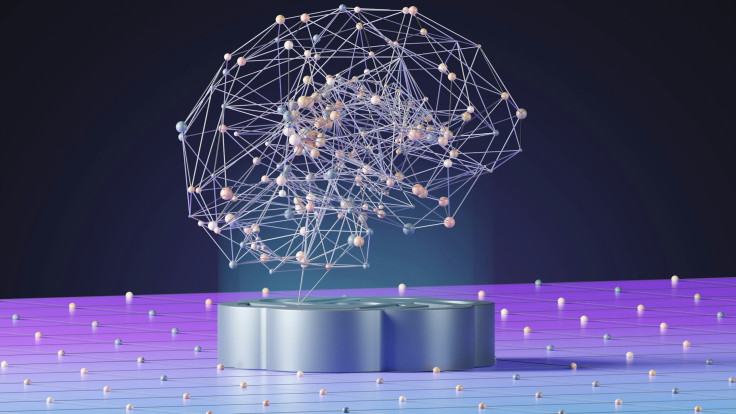
When OpenAI unveiled GPT-5 on Thursday, 7 August, it instantly set the tech world buzzing. The company's most advanced AI model yet has been hailed as a leap forward in reasoning, adaptability and speed. But one question has captured the public imagination: could it be as intelligent as Albert Einstein?
It is a comparison that sounds like science fiction, pitting the 20th century's most iconic genius against a 21st-century algorithm. Some AI enthusiasts argue GPT-5's brain-like abilities could even surpass human brilliance. Others warn that measuring a machine's 'IQ' alongside a human's is not only misleading but fundamentally flawed.
The truth is far more nuanced and much more interesting. Understanding whether GPT-5 can rival Einstein means unpacking what 'intelligence' really means for humans and for machines, and why the two can never be a perfect match.
Intelligence: Human vs AI
Einstein's genius was defined by creativity, intuition and the ability to imagine what had never been seen before. His breakthroughs, from relativity to quantum theory, came from an inner spark, conscious thought and relentless curiosity.
GPT-5's intelligence is different. It does not think or feel; it processes staggering amounts of information, recognises patterns and solves multi-step problems in seconds. Its strength lies in its speed, scale and breadth, not in an internal flash of insight.
The 'AI IQ' Debate
Past studies estimated ChatGPT-4's 'IQ' at around 155, close to Einstein's reported 160, though experts stress such numbers are symbolic. IQ tests are designed for humans, not algorithms.
AI analyst Bill Staikos has speculated GPT-5's IQ-equivalent could reach an eye-watering 1600, ten times Einstein's. But as analyst Marko Vidrih points out, that is a measure of raw processing power, not human-like genius. Numbers like these are better seen as metaphors than direct comparisons.
GPT-5's Strengths and Limits
With a redesigned architecture, GPT-5 can adapt its reasoning to the complexity of a question, tackle multiple problems at once and recall data with perfect accuracy. In certain technical tasks, it outperforms humans.
Yet, it still cannot replicate the imaginative leaps and conscious understanding that defined Einstein's work. It is a world-class assistant, not a replacement for human ingenuity.
What Experts Are Saying
OpenAI CEO Sam Altman has called GPT-5 'like having a team of PhD-level experts in your pocket'. But ethicists such as Prof Carissa Veliz warn against letting hype outpace reality, noting that AI models are still struggling to prove long-term profitability. Gaia Marcus of the Ada Lovelace Institute stresses the urgent need for regulation as AI systems grow more capable.
The Future: Collaboration, Not Competition
GPT-5 is a remarkable tool that can help scientists, researchers and innovators solve problems faster than ever. But it will always rely on human guidance, creativity and oversight.
The real story is not whether GPT-5 is Einstein. It is how AI like GPT-5 can work alongside human genius to push the boundaries of what is possible. In that partnership, humans still hold the spark that no algorithm can replace.







